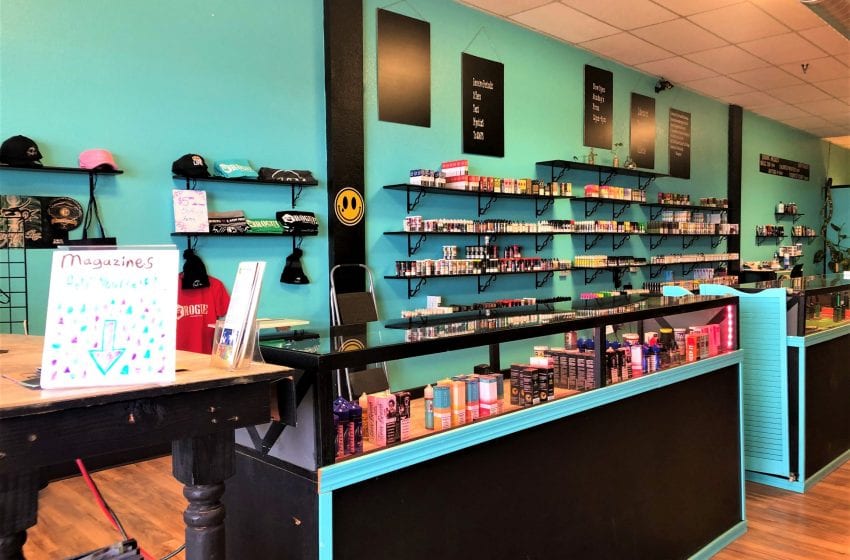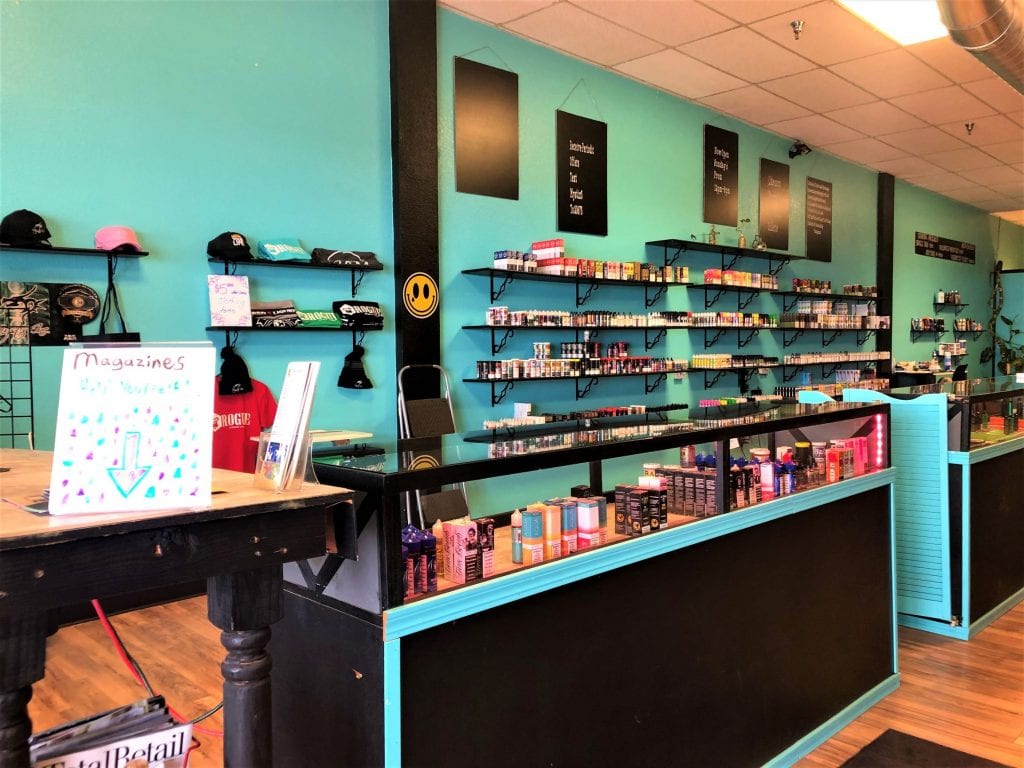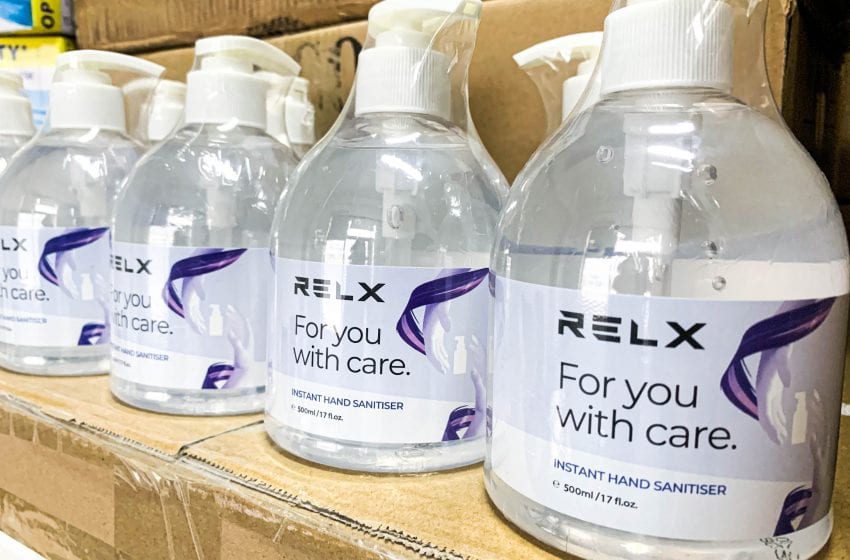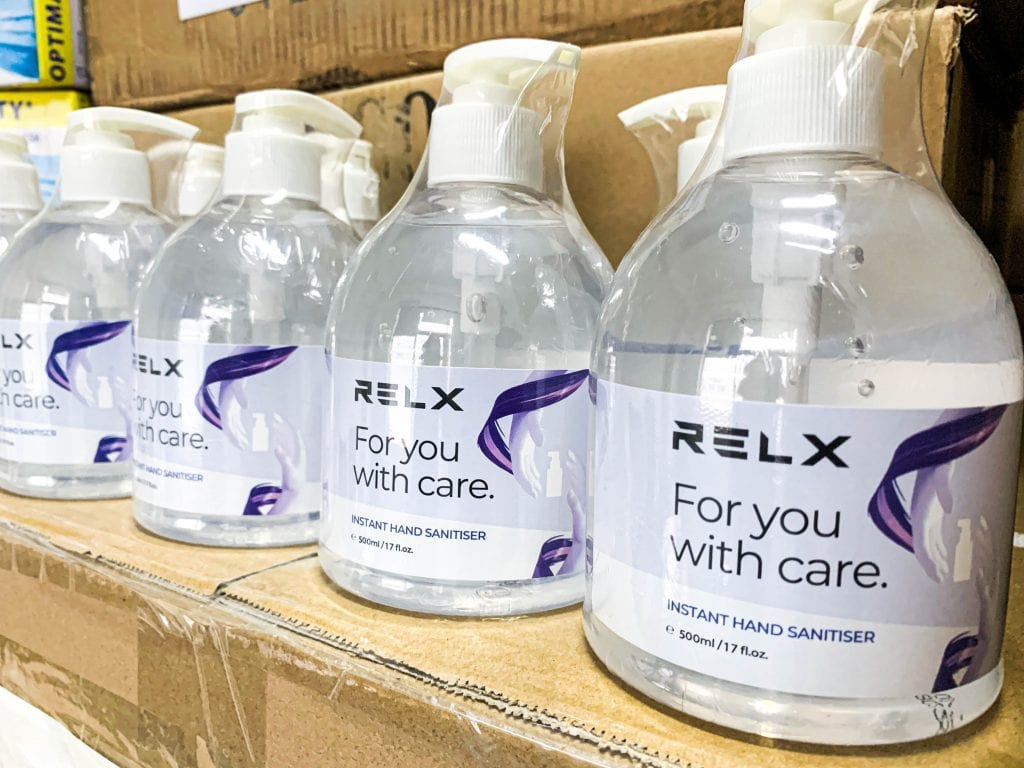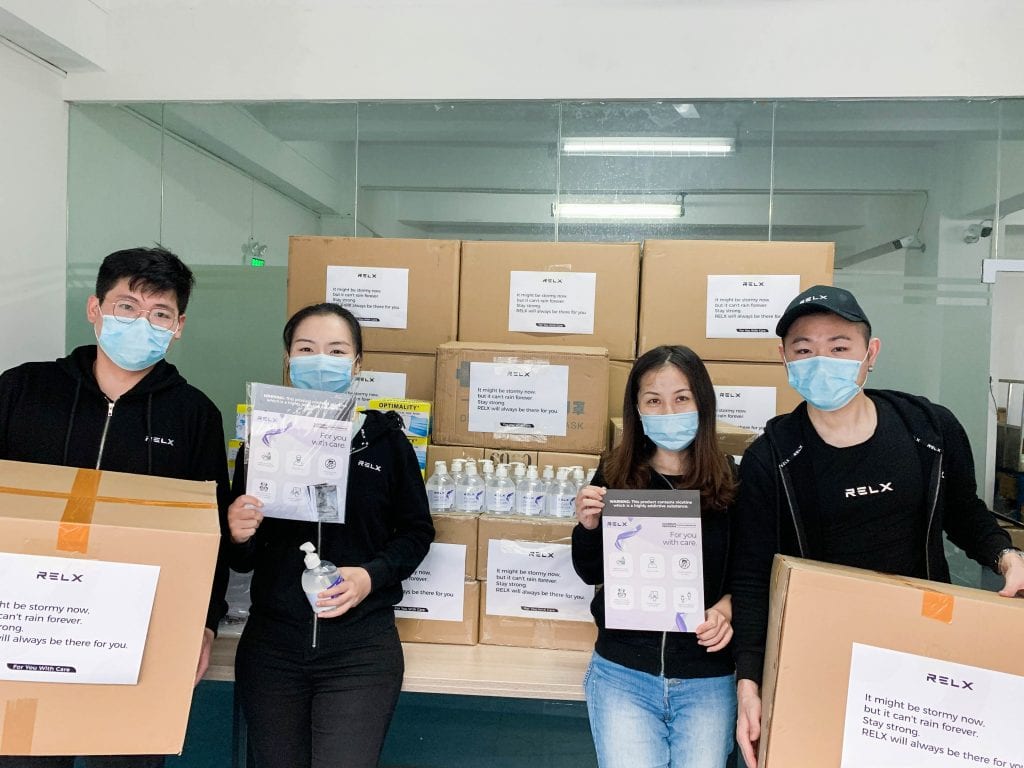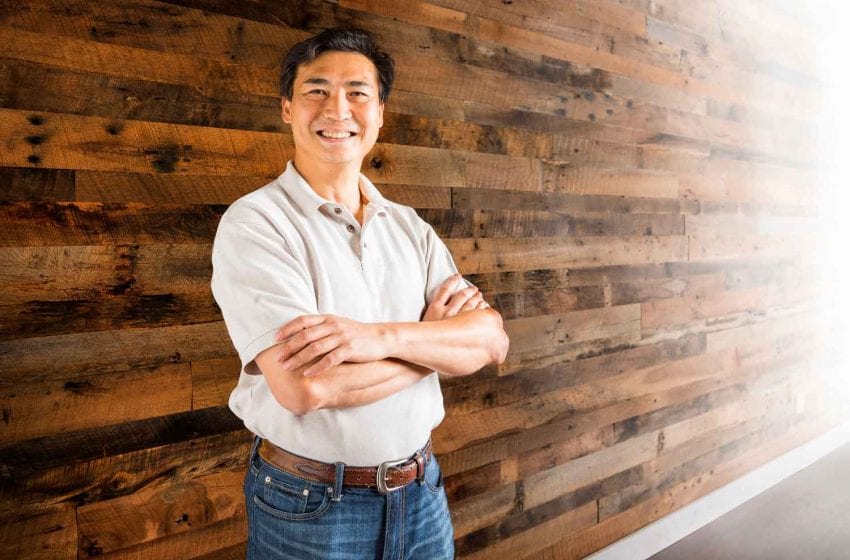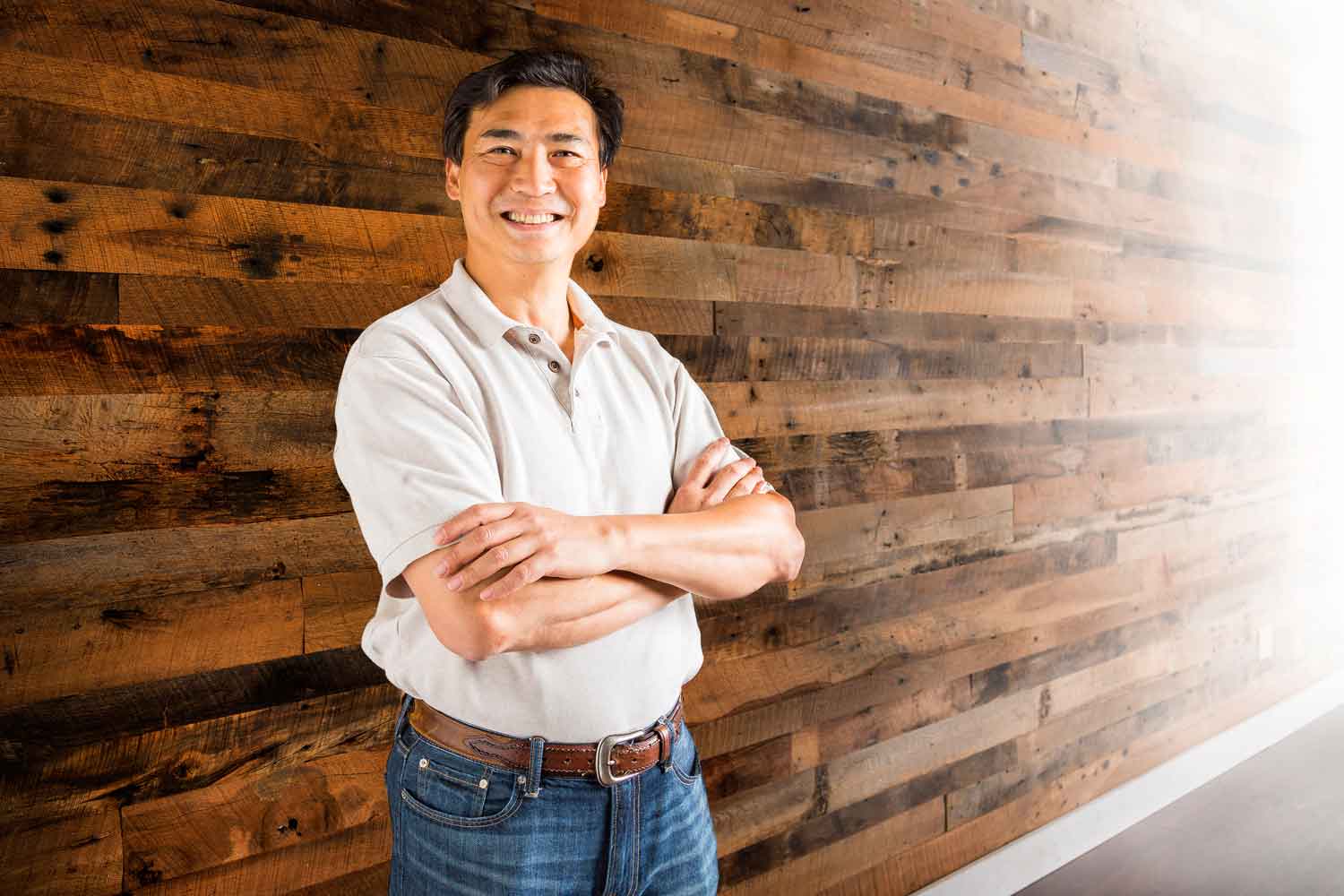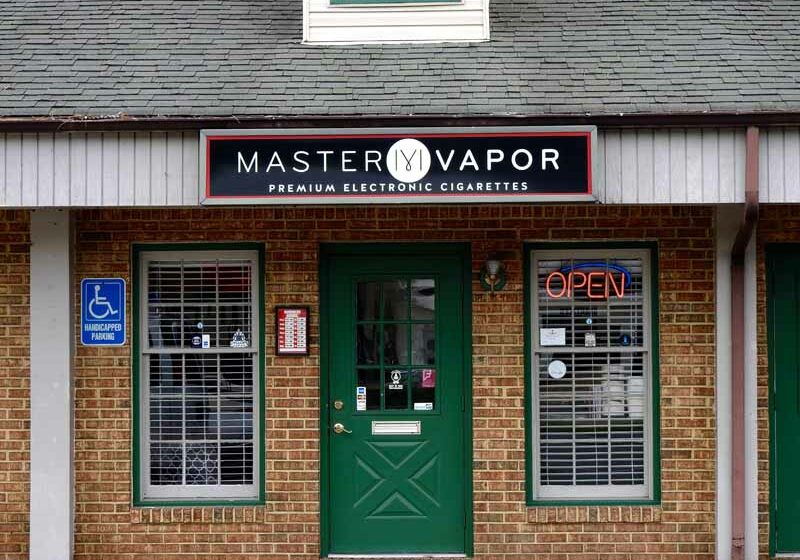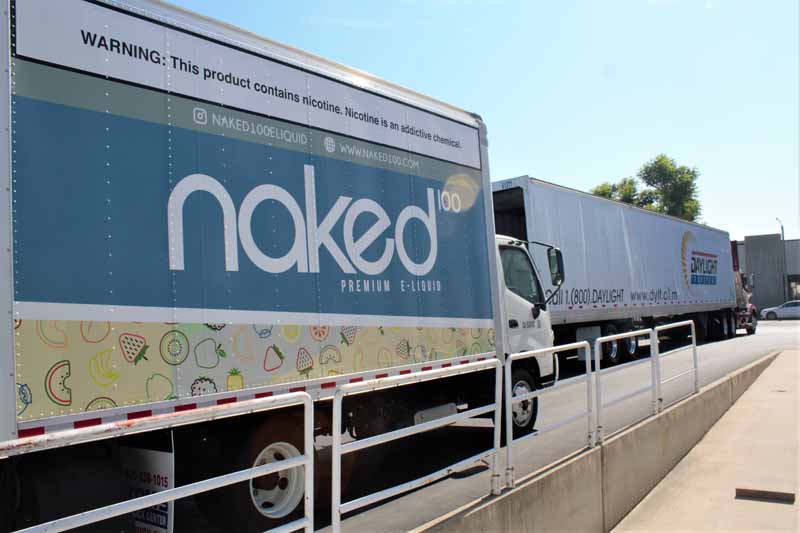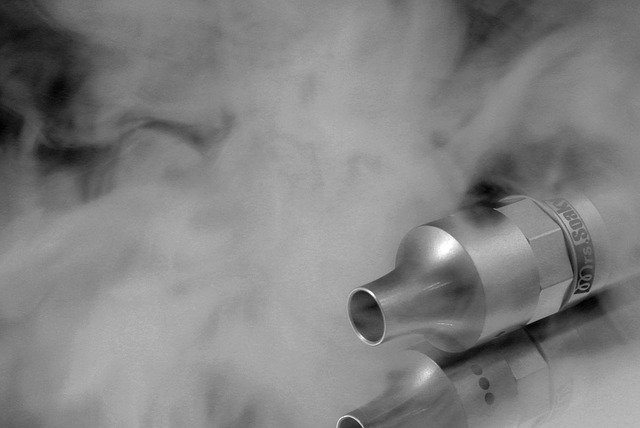As people rushed to stock up on toilet paper and hand sanitizer in March, Debi Meinwieser dropped thousands of dollars on more than 400 bottles of vape juice for e-cigarettes, according to an article on NJ.com.
The 56-year-old from Whiting Township said she sought out the supply not in anticipation of the coronavirus outbreak and stay-at-home order, but to avoid a drought when the state law banning flavored vaping products takes effect Monday.
“I stocked up,” she said. “But I’m concerned for the new vapers and the smokers who haven’t had the chance to start vaping yet.”
Meinwieser, like many others across the country, said she quit smoking cigarettes after three decades once she started vaping. She had tried nicotine gums and patches, but nothing helped to wean her off nicotine. Instead, she credits the flavored vaping products she has used for nearly five years for saving her life, according to the article.
As New Jersey officials watch for the forecasted peak in coronavirus cases later this month, another date looms: April 20, the day when vape shops must stop selling flavored products. Gov. Phil Murphy signed the law banning the sale of of flavored vaping products, which include candy and fruity flavors that may attract teens, in January. It came with a 90-day waiting period before going into effect.
The measure marked the nation’s first permanent flavor ban, going further than several emergency orders some states issued last year as a mysterious vaping health crisis took hold in the fall. Rhode Island has since made its temporary flavor ban permanent, too. The illness put 2,807 people into hospitals and killed 68, according to the U.S. Centers for Disease Control and Prevention, according to the article.
Supporters of the law say it will keep the products out of the hands of teens, who have taken up vaping years after youth cigarette use fell. But opponents say it will force adult users, many of whom previously smoked cigarettes, either back to those products or to the black market. And vape shops, largely small businesses employing a few thousand people across the state, have promised the ban will thrust them into bankruptcy. It will also rob the state of tax revenue as people shift to the web or stores over state lines to buy the products.
“They’re still easily accessible, ordering online, shipping in state,” said Sheryl Agro, owner of InnoVapes in Wrightstown. “You’ve effectively just given up your control over these products.” A former version of the flavored vaping bill included a ban on menthol cigarettes, but state Senate President Stephen Sweeney said lawmakers put that on hold, planning to bring it up again later this year during budget discussions. The change has vapor rights advocates accusing lawmakers of playing a political game, rather than looking out for the health of the state.
The stress on the industry was exacerbated when Murphy ordered non-essential businesses to close in an effort to contain the coronavirus outbreak. In mid-March, the vape shops suddenly found themselves fighting a tighter deadline to unload the products, but had no customers walking through their doors. Now, they’re pleading for an extension on the ban, and for the state to allow them to operate with curbside pickup as essential businesses. Activists and shop owners say they haven’t heard back from officials, according to the article.
“Cigarettes are still labeled to be sold. Cigarettes are proven to be killing,” said Shoaib Iqbal, CEO of Good Guy Vapes and a vice president of the New Jersey Vapor Rights Coalition. “We feel like an alternative should also be able to be sold.” Other countries under lockdown — including Spain, Italy and France — have kept vape shops open, and last week, Louisiana reversed a decision to close them.
And for those like Meinwieser, who found relief in a legal and regulated product, the policy is a gut punch. “When I started vaping, I had no clue that vaping was being attacked,” she said. “I just thought, ‘Oh my god, I finally found something to help me quit smoking.’”
She, too, wonders why vape shops have not been allowed to operate with curbside pickup as essential businesses, like takeout restaurants or stores that sell cigarettes. She bought some 400 bottles at $8 a piece, a wholesale price, but knows many others do not have the luxury to drop so much money at once.
In early March, with about five week left until the ban took effect, vape shop owners said they had not seen customers stocking up yet, both because time remained, and because some customers knew they could order online. Now they’re facing even larger stockpiles of soon-to-be banned product than expected.
“We’ve been kind of robbed of that time,” Iqbal said. “We’re hoping to get some sort of extension.” A spokeswoman for Murphy declined to comment on an extension of the enactment date. While they’ve started online ordering, Iqbal says many customers have reached out desperately — they do not know how to order products online, or do not have credit cards to pay for them.
During the 90-day period, vape shop owners were meant to unload product and pivot their business models. Agro sells some CBD products for people and pets, but most of her revenue to support five employees with benefits comes from the flavored vaping products purchased by military personnel at nearby Fort Dix. She did not think her shop would survive the ban, and said the closure of nonessential businesses in March put her further behind, according to the article.
For her, the inability to open during the stay-at-home order only builds on the idea that the government has something against vape shops. “To deem vape shops as nonessential is just more blatancy from the government that they just don’t want to accept that this works as a smoking cessation product,” Agro said. “I quit the day I started vaping. I would never go back. I had a dream that if I could do this myself, I could help so many other people.”



